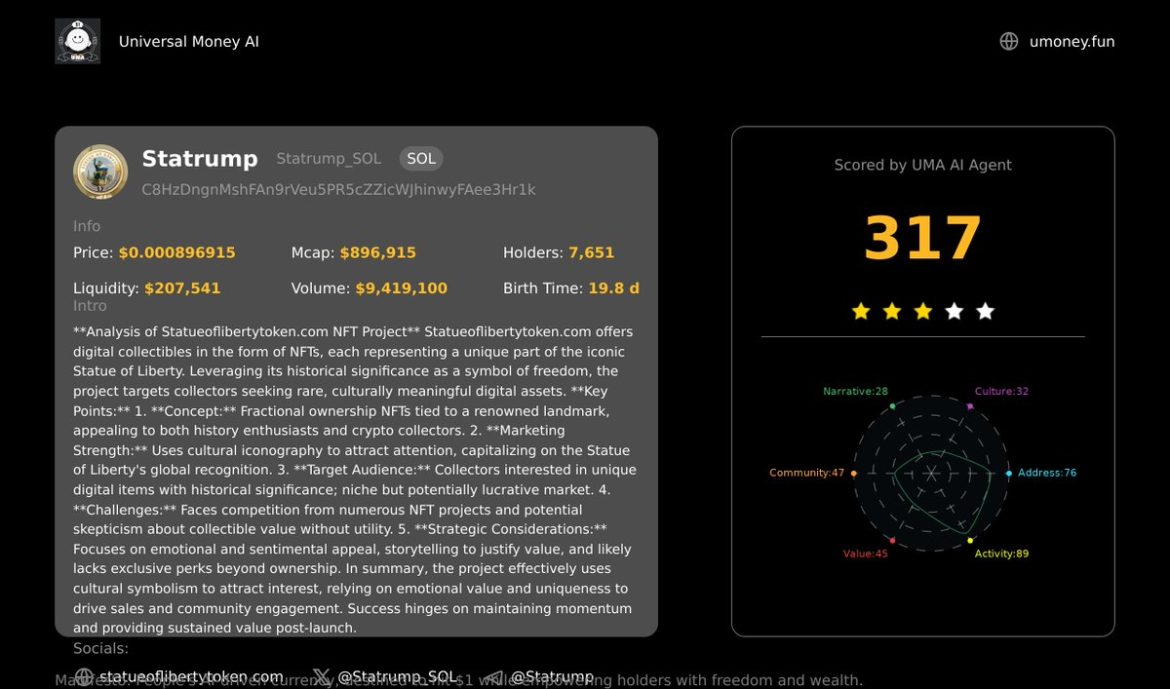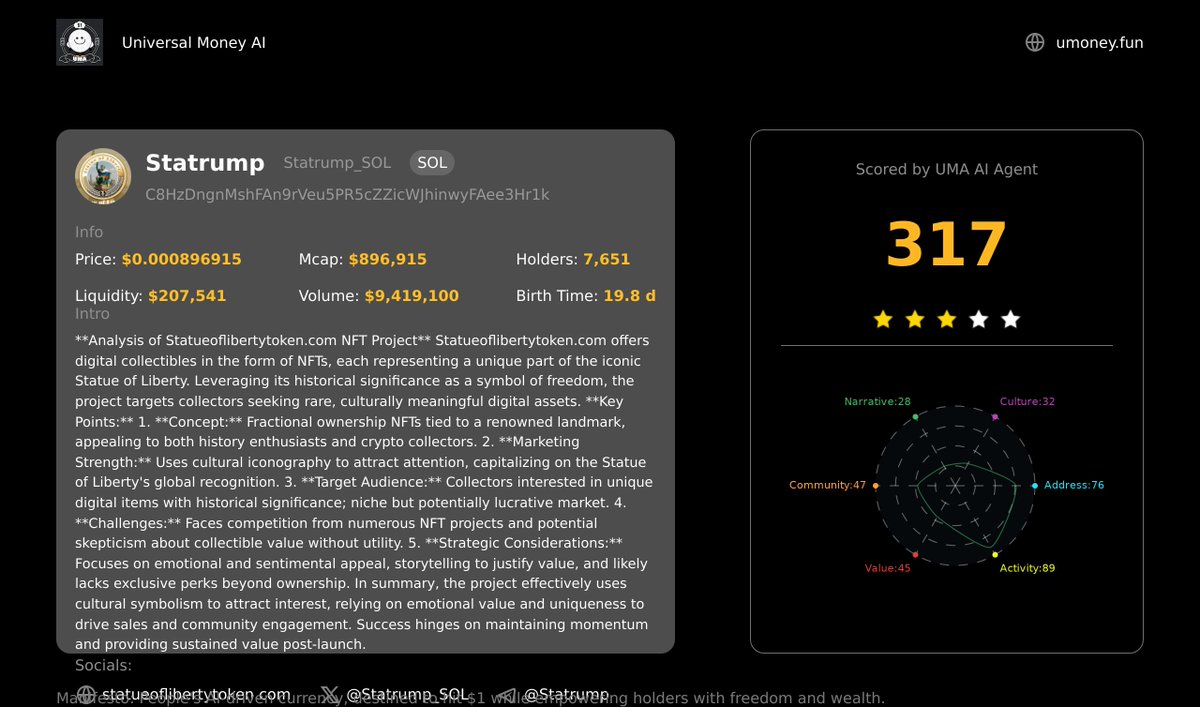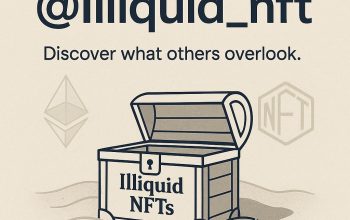The Rise of AI: Transforming Our World One Algorithm at a Time
Introduction: The AI Revolution Is Here
Picture this: You wake up to an AI assistant that knows exactly how you like your coffee, suggests the perfect outfit based on the weather, and even drafts your emails before you ask. This isn’t science fiction—it’s the reality we’re stepping into as artificial intelligence evolves at an unprecedented pace.
AI is no longer just a buzzword; it’s reshaping industries, redefining creativity, and even altering how we interact with each other. But what does this mean for society? Are we heading toward a utopia of efficiency or a dystopia of dependency? Let’s explore the current state of AI, its breakthroughs, challenges, and what the future might hold.
—
The AI Boom: Where We Are Today
1. AI in Everyday Life
From voice assistants like Siri and Alexa to recommendation engines on Netflix and Spotify, AI has quietly integrated into our daily routines. It powers fraud detection in banking, optimizes traffic flow in smart cities, and even helps doctors diagnose diseases faster.
But the real game-changer? Generative AI. Tools like ChatGPT, Midjourney, and DALL·E can write essays, compose music, and generate hyper-realistic images—sometimes indistinguishable from human creations.
2. Business and Industry Disruption
Companies are leveraging AI to automate tasks, analyze big data, and enhance decision-making. For example:
– Healthcare: AI-driven diagnostics can detect cancer earlier than traditional methods.
– Finance: Algorithmic trading executes transactions in milliseconds, outperforming human traders.
– Retail: AI chatbots handle customer service 24/7, reducing costs and wait times.
The global AI market is projected to exceed $1.5 trillion by 2030, signaling massive economic shifts ahead.
3. The Creative Frontier
AI isn’t just about crunching numbers—it’s becoming a collaborator in art, music, and storytelling. Musicians like Grimes have embraced AI-generated vocals, while authors experiment with AI co-writers. The question now is: Can AI truly be creative, or is it just remixing human ideas?
—
Challenges and Ethical Dilemmas
1. Job Displacement vs. Job Creation
While AI boosts productivity, it also threatens jobs. A 2023 McKinsey report estimates that up to 800 million jobs could be automated by 2030. However, new roles—AI trainers, ethicists, and maintenance specialists—are emerging. The key challenge? Reskilling the workforce fast enough.
2. Bias and Fairness
AI learns from data, and if that data is biased, the AI will be too. Cases like racially biased facial recognition and gender-skewed hiring algorithms highlight the need for ethical AI development.
3. The Existential Debate
Elon Musk and other tech leaders have warned about superintelligent AI surpassing human control. While some dismiss this as alarmist, others argue we need strict regulations before AI becomes too powerful.
—
The Future of AI: What’s Next?
1. Artificial General Intelligence (AGI)
Today’s AI is narrow AI—great at specific tasks but lacking general reasoning. AGI, or human-level AI, remains elusive but could arrive within decades. If achieved, it could solve global problems—or pose unprecedented risks.
2. AI and Climate Change
AI is being used to optimize energy grids, predict extreme weather, and develop sustainable materials. Could AI be the missing piece in fighting climate change?
3. Human-AI Collaboration
Rather than replacing humans, the future may lie in augmented intelligence—where AI enhances human capabilities. Imagine surgeons guided by real-time AI diagnostics or teachers using AI to personalize lessons.
—
Conclusion: Coexisting with AI
AI is neither inherently good nor evil—it’s a tool, and its impact depends on how we wield it. The next decade will be critical in shaping policies, ethics, and societal adaptation.
Will we master AI, or will it master us? The answer lies in the choices we make today.
—
References
Would you like any sections expanded or additional insights on a specific AI application?





